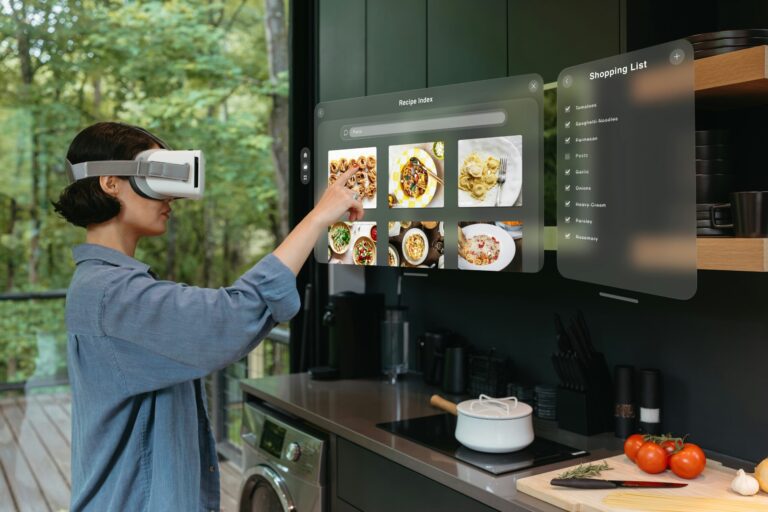In September 2024, Virtual Reality (VR) technology is rapidly transforming property showings, allowing potential buyers to tour homes remotely in immersive, 3D environments. Companies like Matterport and Redfin have developed VR solutions that offer buyers the ability to walk through properties as if they were physically present. This innovation is especially valuable in markets with high demand and low inventory, where time is critical, allowing buyers to explore multiple properties without the need for physical visits.
For real estate agents, adopting VR technology can significantly enhance client engagement and broaden their reach to out-of-town and international buyers. VR offers an opportunity to present properties to a wider audience, enabling buyers to explore listings from anywhere in the world. This convenience makes the home-buying process easier and more flexible for clients, allowing them to take virtual tours at their own pace and at times that work best for them.
Incorporating VR into real estate marketing strategies offers a more comprehensive and interactive viewing experience compared to traditional photos and videos. This allows agents to showcase homes in greater detail, helping potential buyers better visualize how spaces might fit their needs. By offering an immersive experience, agents can provide a more engaging and personalized service, which is increasingly important in a competitive market.
However, the integration of VR comes with its challenges. Real estate professionals must invest in the necessary technology, including VR headsets, software, and training. For smaller firms or individual agents with limited resources, this upfront investment can be a barrier. Additionally, ensuring that VR experiences are seamless and of high quality requires a certain level of expertise in both technology and presentation.
Despite these challenges, VR is quickly becoming a valuable tool for real estate agents, offering them a powerful way to differentiate themselves in a crowded market. As the technology continues to evolve, it is expected to become an integral part of property marketing, providing agents with a competitive edge and offering clients a more convenient, flexible, and immersive way to explore potential homes. As VR reshapes the way properties are showcased and sold, real estate professionals who embrace this technology will be better positioned to meet the needs of today’s digital-savvy buyers.
